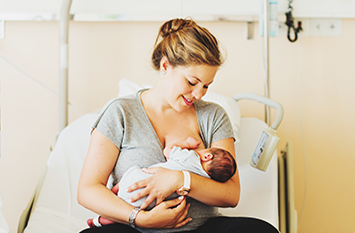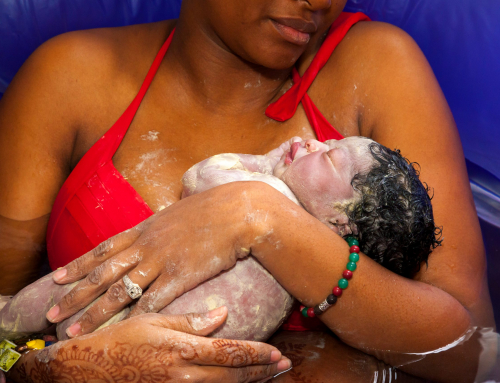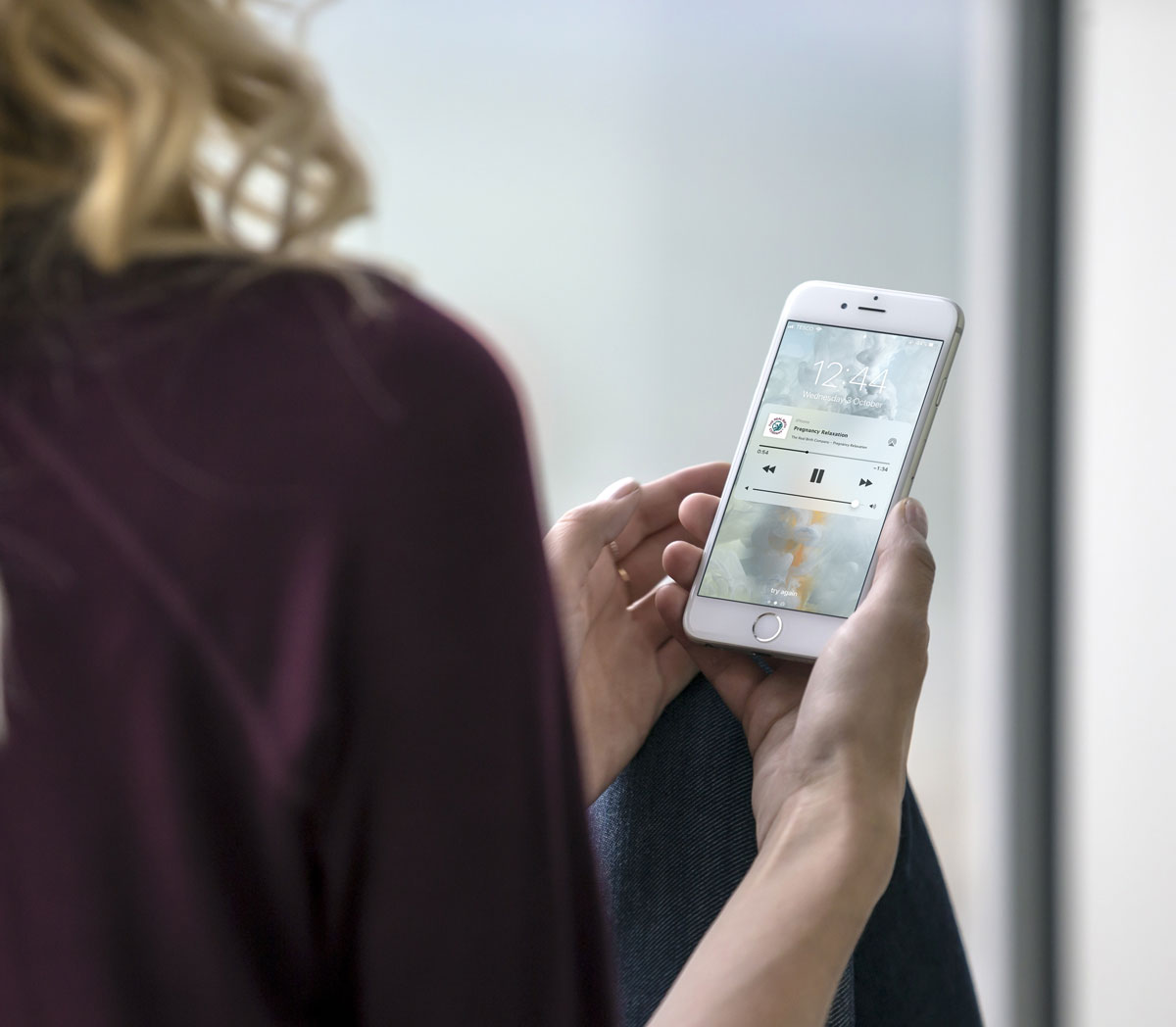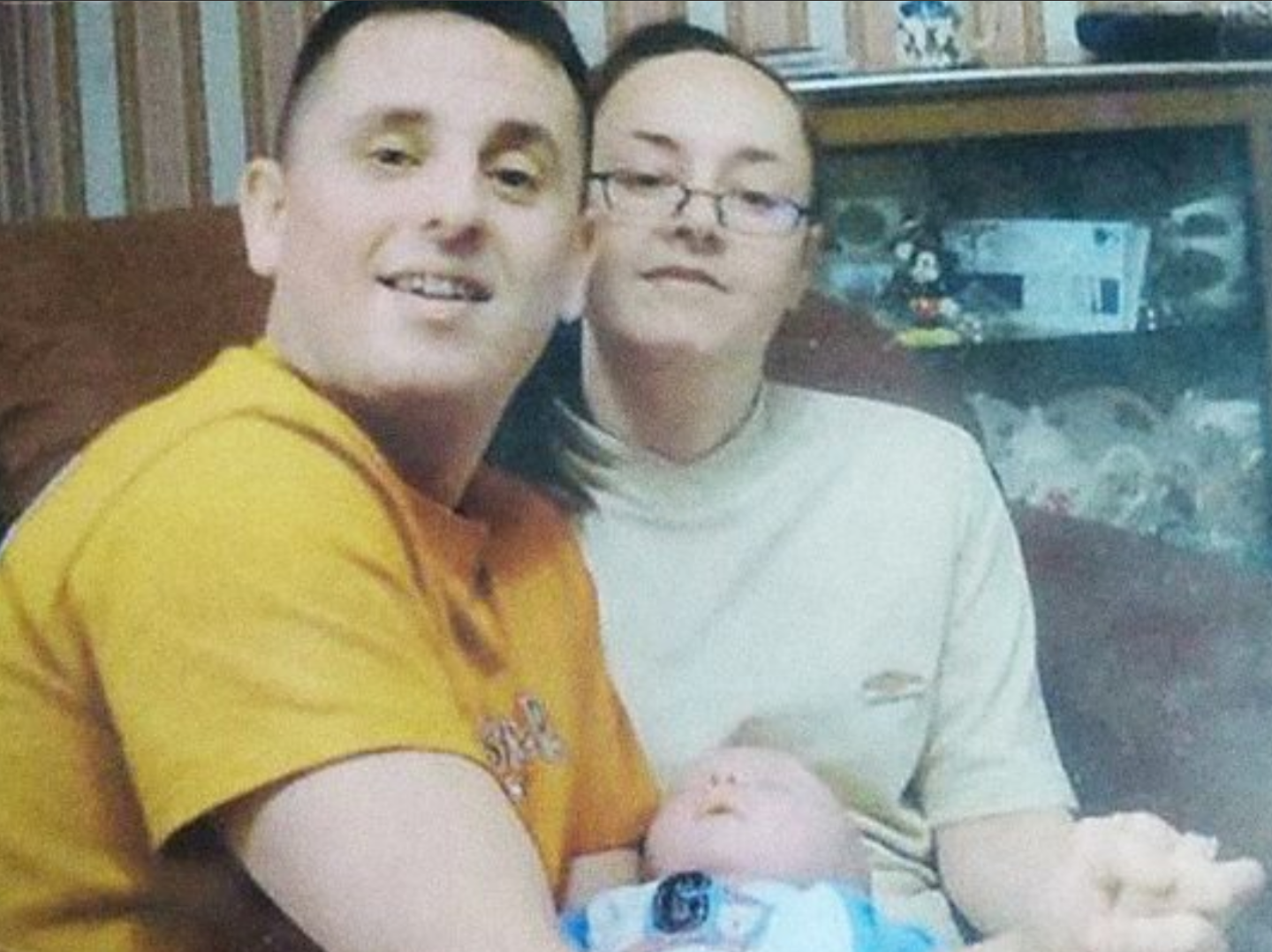Breastfeeding for the first time can feel quite unnerving, but it’s the most natural thing a mother can do for her baby. Every new mum has questions that they want to ask, you are not alone. Some include; What do I do? How often do I feed my baby? How will I know when my baby needs feeding? These are all very common.
In preparation for your baby’s’ arrival, it’s good to find out as much as you can about breastfeeding. This will enable you to feel more confident when you start feeding your baby.
In the first few days after your baby’s birth, you and your baby will be getting to know each other. It may take time for both of you to get the hang of breastfeeding. This can happen quickly for some women than others, plus your baby is also learning a new skill, it needs to learn how to feed. During this time your breasts produce a fluid called colostrum. This is concentrated food for your baby, of which your little one will only need small amounts of at each feed, this is because your baby’s tummy is the size of a small marble, very very small. Your baby may want to feed often, to begin with, this could be every hour. They will begin to have fewer yet longer feeds once your breasts produce more milk and its tummy grows. The more you breastfeed, the more your baby will suckle and this will stimulate your milk supply meaning you will make more. Your body is truly amazing!
Skin-to-skin contact is an amazing bonding experience for you and your baby. Having skin to skin contact as soon as your baby is born will help to keep your baby calm and warm as well as steady their breathing. This can also be a good stage to feed your baby for the first time. Healthcare professionals around you can support you during this time, to help show you how to place baby in the best position to latch on effectively. If for any reason skin to skin contact is delayed, for example, if your baby needs to spend some time in special care – it does not mean you won’t be able to bond with or breastfeed your baby.
Breastfeeding has long-term benefits for your baby, lasting right into adulthood. It’s never too early to start thinking about how you’re going to feed your baby. We have lots of classes and support for you to come along to, both antenatally with our Breastfeeding Workshop and postnatally at our Breastfeeding Café.
Any amount of breast milk has a positive effect. The longer you breastfeed, the longer the protection lasts and the greater the benefits, not only for your baby but also for you.





